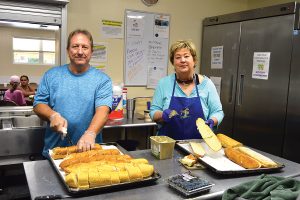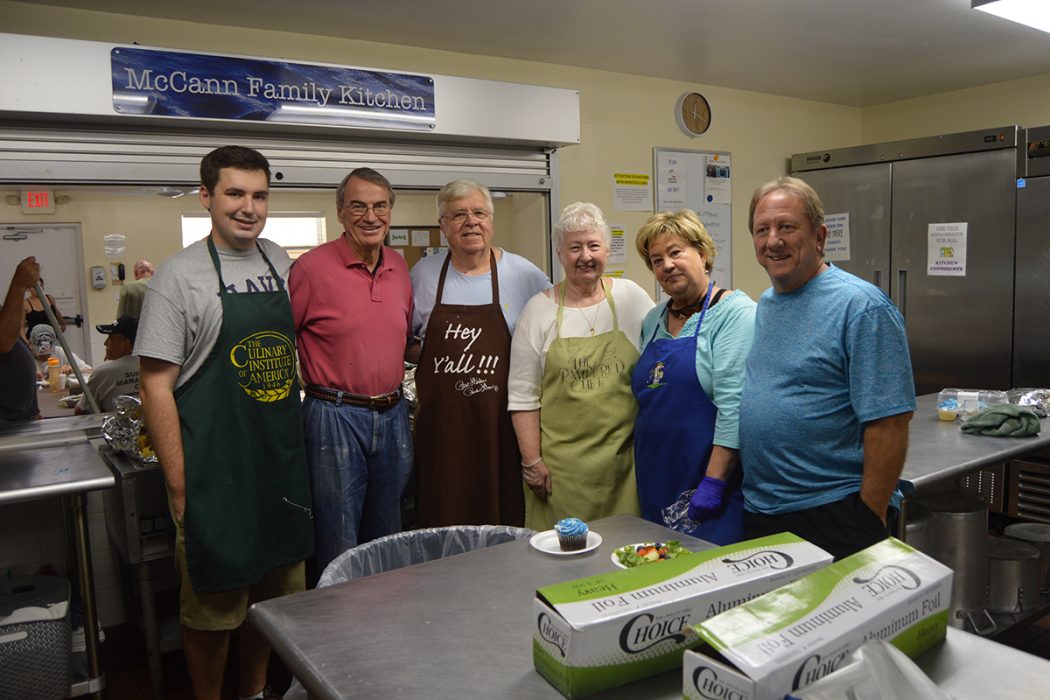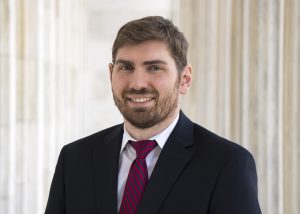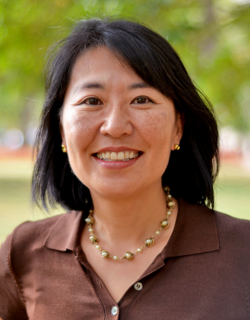It’s been 20 years since members of four Beaches churches joined together to create Mission House, the only day facility at the Jacksonville beaches that provides two hot meals per day to homeless adult men and women.
The nonprofit, which is so much more than a soup kitchen, not only provides a place for homeless and low-income individuals to eat lunch and dinner every day, but also furnishes showers, fresh clothing, free haircuts, a medical clinic, spiritual services, and the opportunity to receive counseling from two full-time case managers who assist clients in finding jobs, housing, and anything else they need to become self-sufficient.
“We will help anyone who comes to our door,” said Mission House Executive Director Lori Delgado Anderson. “People need to support places like this. A lot of people try to do things individually, such as taking sandwiches to the homeless on the beach, but until the homeless walk into a place like ours that can truly help them and give them the resources no one else can, they will remain like they are. The more support we have, the more people we can get off the streets,” she said.
Last year, Mission House case workers helped 79 homeless people obtain permanent housing, saving the community $325,085 in potential arrest costs. They also helped 49 homeless individuals find permanent employment with help from Beaches business owners. Manned by volunteers from the local medical community, the free clinic saw 259 new homeless or low-income patients and each month provides medical services worth more than $20,000. In total, last year 405 new homeless individuals were assisted by case management, and 32 homeless veterans were given special support and referred to the Veterans Administration.
“Over the past 10 years our housing numbers have gone up, and the number of people we serve meals to has gone up, but that is not necessarily because there are more homeless at the beach,” said Anderson, adding that Mission House provided 26,342 nutritious meals – an average of 1,485 meals a month – during 2016. “Twenty-six thousand meals are the most we’ve ever done, but we get a lot of people from Downtown and from different areas of the city. They say we treat them like a person and not like a number. They say they get helped here.”
Working from a $642,000 budget, Mission House offers meals twice a day to between 40 and 60 clients. “We’re the only ones that provide hot served meals, and it’s not pork and beans. These folks get incredible food, including pork chops, steaks, chicken, and vegetables every day – we are only closed four or five times a year. Two-thirds of our 500 volunteers work in the kitchen,” Anderson said, noting meal groups from 21 churches in the Beaches area provide food and cook the meals on a rotating basis each month.
“Because we have volunteers cooking, and food that is donated, there is not a lot of money spent on feeding people, except for repairing or replacing equipment, and salaries,” she said.
Mission House employs a kitchen coordinator to organize the volunteers who pick up food from the stores and sort the groceries once they arrive. “We certainly have enough food thanks to the Fresh Market in Atlantic Beach and Ponte Vedra, and Trader Joes,” Anderson said, adding that hamburger and other food is also obtained from Feeding Northeast Florida.
“Nothing is wasted. If things are donated that we cannot use, we share our food with Pablo Towers, the senior home on 3rd Street and a rehab center in St. Augustine,” she explained.

Gary Fregeau and his wife, Karen, of Our Lady Star of the Sea Catholic Church, prepare bread for lunch at Mission House.
Mission House was conceived in 1997 after four churches – Ponte Vedra’s Christ Episcopal Church, and Jacksonville Beach’s Palms Presbyterian, St. Paul’s Catholic, and St. Paul’s By-the-Sea Episcopal Church, then known as St. Francis Seaside Ministry – decided a central location was needed help the homeless, for whom they had been providing food and clothing for more than a decade from parish halls, gymnasiums, and station wagons.
In February 1997, the four churches, along with more than 162 donors, purchased the Mission House property at 800 Shetter Avenue in Jacksonville Beach. In 1998, the medical clinic was added. Fifteen years later, Anderson’s dream of expanding the physical plant was realized when a 1,000-square-foot second-floor addition was built and the ground floor was renovated and refurbished with new appliances and air conditioning.
“We started construction in July 2015 and moved back in January 2016,” said Anderson. “We did not stop any services during that time except day showers for a week. We still fed out of our kitchen. I did not want to stop anything.”
The nonprofit’s greatest need is volunteers, particularly nurses who can serve in the clinic and folks to serve in the Mission’s new Companion Program, which uses volunteers to serve as a “welcoming committee” for new homeless while identifying their specific needs for the case managers.
Also needed are razors and men’s underwear. “We run out of shampoos, but I have friends at the hotels that bring a case over when I call up.” Anderson said. “The community is awesome. When I say we are supported by our community, we really are. I just have to pick up the phone and folks help us.”
Eighty-nine cents of every dollar given to Mission House directly benefits client and patient services. Swisher International and Acosta Sales and Marketing are major corporate donors, and 21 percent of Mission House’s support is made up of contributions from individuals, including the Chartrand family, and Kay and Andre Schwitter of Texas, who make a sizeable gift each year because it was their father’s wish to feed the hungry. The McCann family is also a major donor. “Their father also wanted to feed the hungry,” said Anderson. “Not only do they give monetarily, but they also cook once a month and bring their business clients in to help cook so their clients can see what we do.”
Compassion by the Sea, the nonprofit’s annual fundraiser takes place each October. Also, Mission House recently set up an Endowment Fund with the goal to raise $1 million by August 1, 2018. The creation of the Endowment is to ensure the basic services of showers, meals, and general operations will be safeguarded in the future, said Anderson.
“We want to make sure our basic programs never have a hiccup due to a financial crisis or some disaster,” she said, noting that donors contributing $10,000 or more become part of Mission House’s Circle of Hope.
“We are so blessed,” said Anderson. “Often people will call us and say, ‘Hey, we’re having a fundraiser. Can you send somebody over to represent you?’ We are really lucky in that sense. It’s kind of huge.”





